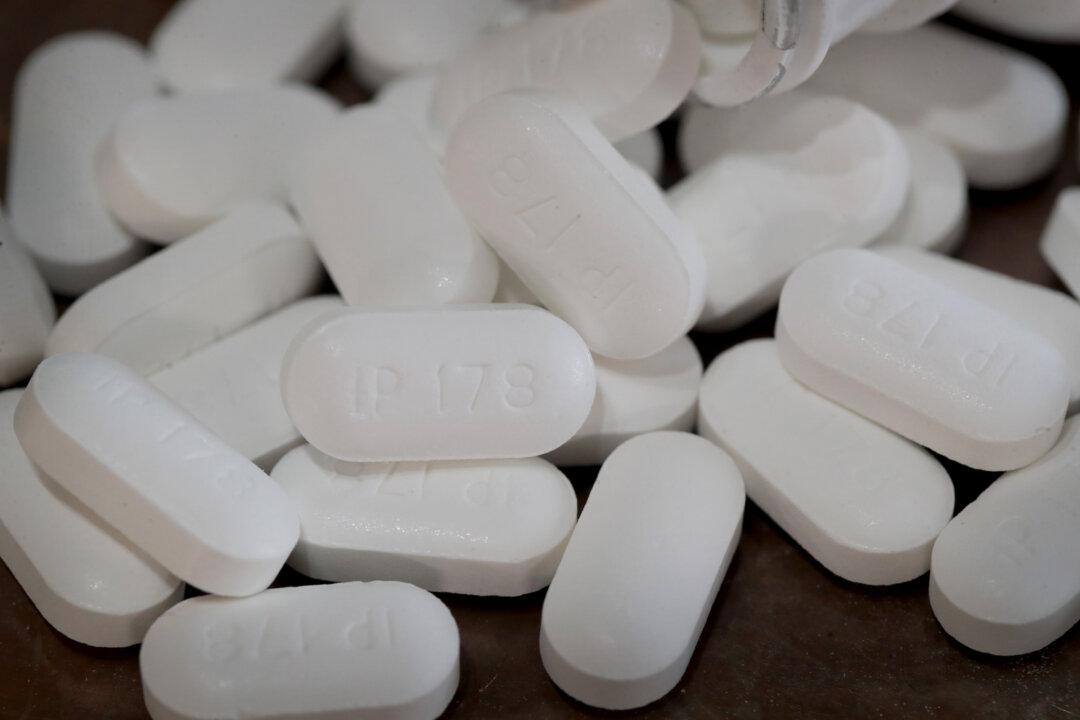A U.S. panel is advising against using a medicine typically used against diabetes to treat COVID-19, despite multiple studies finding the medicine can be effective against the new illness.
The National Institutes of Health (NIH) COVID-19 Treatment Guidelines Panel on Dec. 1 announced it was recommending that patients not receive metformin, the antidiabetic drug, unless they’re in clinical trials.





